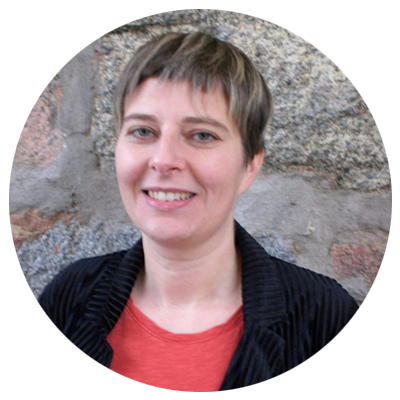
Doris Leibetseder
Post-doctoral researcher at Uppsala University’s Centre for Gender Research
Doris Leibetseder is a post-doctoral researcher at Uppsala University’s Centre for Gender Research since August 2016. She has recently received EU-funding from Horizon 2020, Marie Skłodowska-Curie Actions (MSCA), for her project “Towards an Inclusive Common European Framework for Assisted Reproductive Technologies (ART): Queer and Transgender Reproduction in the Age of ART: QTReproART”.
She was a visiting scholar at UC Berkeley, CSMTS (Center for Science, Technology, Medicine and Society) in 2016-17 and formed part of the Beatrice Bain Research Group at the same university from 2013 to 2016. From 2014 to 2016 she was also an IAS-STS (Institute for Advanced Studies – Science & Technology Studies) research fellow at the Alpen-Adria University (AAU) in Graz and external lecturer at the University of Vienna, of Graz (Karl-Franzens-Universität and University of Music and Performing Arts) and AAU Klagenfurt. From 2011 to 2013 she was an assistant at the Centre for Women’s and Gender Studies at the AAU Klagenfurt. Prior to this she was OeAD-Lecturer for two years in the German Department at Durham University, UK. She completed her PhD in Philosophy with distinction at the University of Vienna in 2008.
Her book publication is “Queer Tracks: Subversive Strategies in Rock and Pop Music” Ashgate, 2012. Her most recent publications are “Queer Reproduction Revisited and Why Race, Class and Citizenship Still Matters: A Response to Cristina Richie” Bioethics, 32/2, 2018; “Queer and Trans Access to Assisted Reproductive Technologies: A Comparison of Three EU-States, Poland, Spain and Sweden”, Journal for International Women’s Studies, 20/1, 2018; “States of Reproduction: The Co-Production of Queer & Trans Parenthood”, coauthor Gabriele Griffin, Journal of Gender Studies, 2019; and the compilation: Bodily Interventions and Intimate Labour: Understanding Bioprecarity, Gabriele Griffin and Doris Leibetseder (eds.), Manchester: Manchester University Press, forthcoming (2019).
